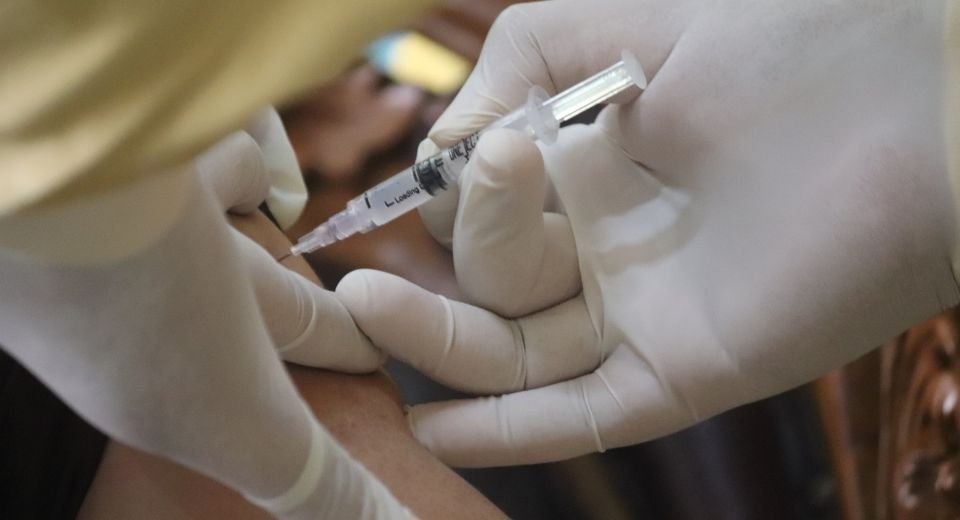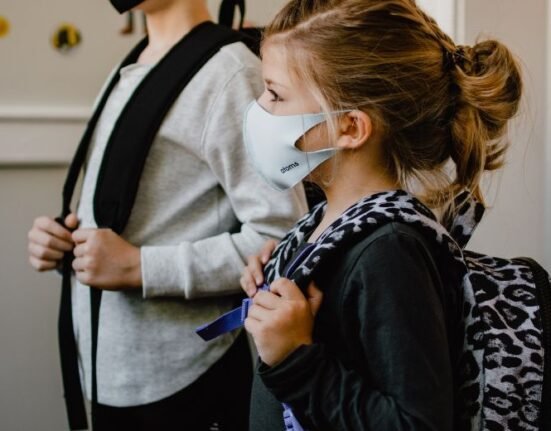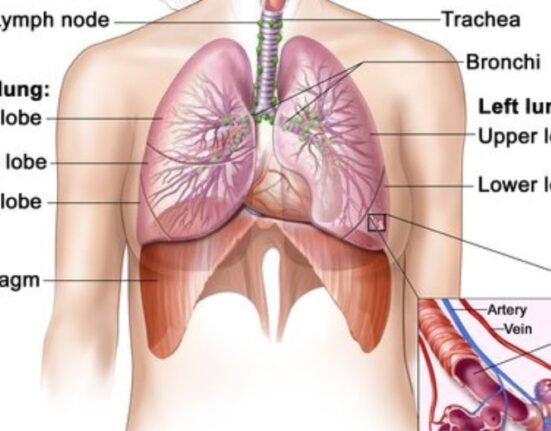HQ Team
October 3, 2023: The WHO has recommended Japanese drugmaker Takeda Pharmaceutical Co’s Qdenga vaccine for dengue where there is a high disease burden and high transmission intensity.
Climate change and urbanisation are bound to further spread the disease, both in terms of incidence and geographic expansion, and it is already prevalent in half of the world’s population, according to a WHO statement.
“The live-attenuated quadrivalent dengue vaccine developed by Takeda (TAK-003) has demonstrated efficacy against all four serotypes of the virus in baseline seropositive children (4-16 years) in endemic countries and against serotypes 1 and 2 in baseline seronegative children,” according to the statement.
Serotypes one and two indicate that the person was infected by the disease before, unlike groups three and four who have yet to get the infection.
The WHO’s Strategic Advisory Group of Experts (SAGE) on Immunization has recommended that the vaccine be introduced to maximise the public health impact and minimise any potential risk in seronegative persons.
Between 6-16 years
In a test of blood serum, a seronegative person gives a negative result for the presence of a virus or antibody. Seronegativity is an autoimmune condition that develops when the immune system mistakenly attacks healthy tissue in the body.
In the case of rheumatoid arthritis, it attacks the synovium or joint lining. This results in damage to cartilage, leading to joint pain and inflammation.
WHO’s SAGE recommended that the dengue vaccine be introduced to children aged between six and 16 years. Within this age range, the vaccine should be introduced about 1-2 years prior to the age-specific peak incidence of dengue-related hospitalizations.
The vaccine should be administered in a two-dose schedule with a three-month interval between doses.
The SAGE recommended that vaccine introduction should be accompanied by a well-designed communication strategy and community engagement.
IA2030 indicators
Progress against the IA2030 indicators was stalled due to the impact of the COVID-19 pandemic and was off-track for six of the seven impact goal targets, according to the WHO.
Progress against the target for the introduction of new vaccines is on track driven by the introduction of new vaccines in low-income countries in 2022.
“While there are promising signs of recovery, it is uneven; recovery is especially slow in low-income countries and vulnerable populations living in fragile and conflict-affected settings.”
The SAGE recommended that all countries in the African meningitis belt introduce pentavalent meningococcal conjugate vaccine Men5CV into their routine immunization programmes in a single-dose schedule at 9 to 18 months of age to treat meningitis.
“In high-risk countries and countries with high-risk districts, a catch-up campaign should also be conducted at the time of the introduction of Men5CV, targeting all individuals aged 1 to 19 years.”
Monovalent Omicron XBB vaccine
The advisory group recommended a simplified single-dose regime for primary immunization for most COVID-19 vaccines which would improve acceptance and uptake and provide adequate protection at a time when most people have had at least one prior infection.
The monovalent Omicron XBB vaccines provide modestly enhanced protection compared to bivalent variant-containing vaccines and monovalent index virus vaccines, according to the WHO.
“When monovalent XBB vaccines are not available, any available WHO emergency-use listed or prequalified vaccine, bivalent variant-containing or monovalent index virus vaccines, may be used since they continue to provide benefits against severe disease in high-risk groups.”








